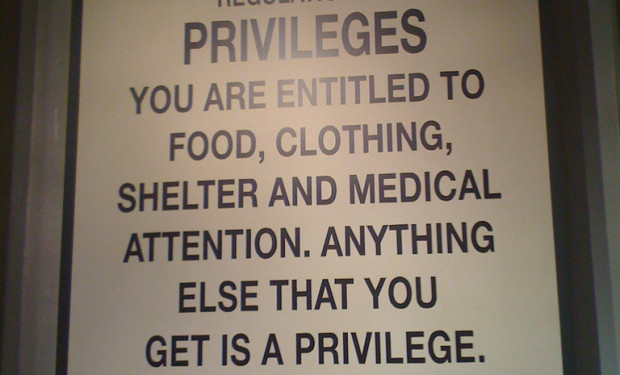States start trend of recognizing parent-child privilege
Nine states currently recognize a parent-child privilege in criminal cases.
This article is the third in a three-part series on the existence of a “parent-child privilege” in criminal cases. You can read Part One and Part Two here.
Currently, a handful of states explicitly recognize at least some limited form of the parent-child privilege statutorily. Massachusetts, Idaho, Minnesota, Connecticut, and Washington statutorily recognize some form of the privilege.
Although this is generally an issue for the legislature rather than for the courts to decide, a few courts have judicially created the privilege. First, New York’s case law created the right for a parent to refuse to reveal confidential information. In In re A&M v. Doe (1978), The Fourth Department of the Appellate Division recognized the privilege conveyed by constitutional considerations of familial privacy as well as the importance of open and trustworthy communications between children and parents. That court reasoned that “forcing a mother and father to reveal their child’s alleged misdeeds, as confessed to them in private, to provide the basis for criminal charges is shocking to our sense of decency, fairness and propriety”; also, in the likely event that a parents may refuse to disclose, a parent’s alternatives, such as risking being held in contempt or committing perjury, may encourage disrespect for the justice system. In People v. Fitzgerald (1979), a New York trial court recognized the privilege, which “prevent[s] forced disclosure by the State of confidential communications between a parent and a child of any age when the parties to such communication mutually assert such a privilege” (emphasis added).
Next, the U.S. District Court for the District of Connecticut has recognized the privilege with a First Amendment religious basis in In re Grand Jury Proceedings (Greenberg), 1982 WL 597412 (D. Conn. June 25, 1982) (see Under Seal v. United States(2014)).
In 1983, the U.S. District Court for the District of Nevada also created the privilege in In re Agosto(1983), stating that “the parent-child relationship exhibits similarities not only to the spousal relationship, which is based upon love and affection, but to the psychotherapist-patient relationship, which is based upon the guidance and ‘listening ear’ which one party to the relationship provides to the other party.”
Finally, the U.S. District Court for the Eastern District of Washington also recognized the privilege in In re Grand Jury Proceedings, Unemancipated Minor Child (1996) when the court held that the right of privacy encompasses certain private familial activities. That court stated that there is a “deep-seated sense of respect for the family on the part of state and federal prosecutors.” In 1997, Washington statutorily recognized the privilege.
Unlike adult spouses, children normally will not hire lawyers or psychiatrists, generally turning to their parents instead.
At this time, at least nine states recognize some form of the parent-child privilege. Perhaps the most compelling argument that the North Carolina General Assembly should consider is that it is necessary to protect a minor’s communication to a parent while seeking advice. Unlike adult spouses, children normally will not hire lawyers or psychiatrists, generally turning to their parents instead. Should the parent first advise the child that anything the child says can be used against him or her?
Most parents still teach their children to come to them when in need of help. One of the basic parental instincts is to serve as a mentor. This socially beneficial relationship’s development relies on unfettered communication that would be best supported by a parent-child privilege in criminal cases.






